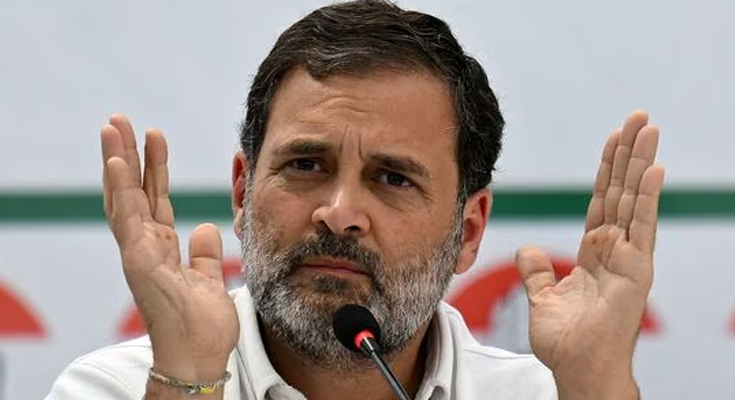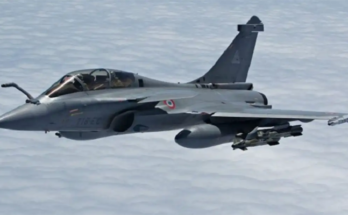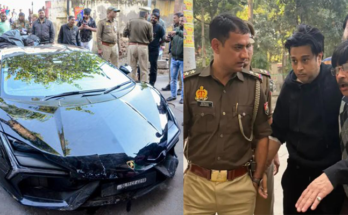‘How did you know that China has occupied 2,000 square kilometers of territory?’
‘If you are a true Indian, you would not have said so.’ The SC asked if you have any reliable information?
New Delhi: The Supreme Court on Monday came down heavily on Congress MP and Leader of Opposition Rahul Gandhi for his controversial claim that China had occupied 2,000 square kilometers of Indian territory—a statement made during his Bharat Jodo Yatra.
A bench comprising Justices Dipankar Datta and A.G. Masih asked pointedly, “How did you come to know that 2,000 square kilometers of Indian land has been taken over by China? If you are a true Indian, you wouldn’t say such things.” The court further questioned whether Gandhi possessed any verified or official information to back his assertion.
The strong observations came even as the court agreed to stay proceedings in a criminal defamation case filed against Gandhi. Simultaneously, the bench issued a notice on his petition seeking to quash the charges.
Defending Gandhi, senior advocate Abhishek Manu Singhvi argued that as Leader of Opposition, Gandhi had the constitutional right to freely express concerns on national matters. “If he can’t raise such issues, how can he fulfill his role in a democracy?” Singhvi asked.
But Justice Datta countered, “Then why don’t you raise such matters in Parliament? Why resort to social media instead?”
Gandhi’s remarks trace back to statements he made following the deadly 2020 Galwan Valley clash between Indian and Chinese troops along the Line of Actual Control (LAC). At the time, Gandhi had repeatedly accused the Modi government of surrendering Indian territory to China.
Prime Minister Narendra Modi, however, had firmly rebutted such claims, stating, “Neither has anyone intruded into our territory, nor has any post been captured.”
The case once again highlights the legal and political tension surrounding national security discourse and the limits of political speech in a charged public atmosphere.




